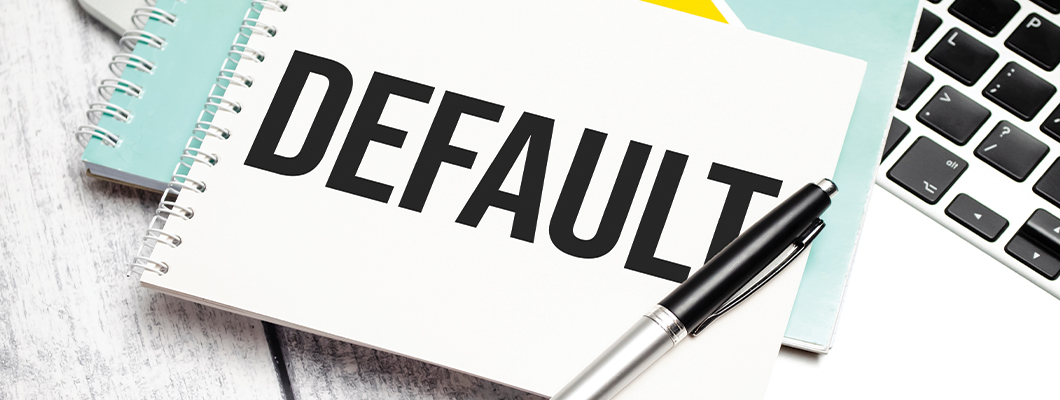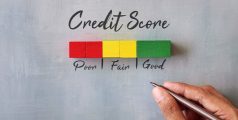
What Happens When You Default on Credit Cards?
Posted on Thursday, February 1st, 2024 | By IndusInd Bank
Credit cards offer tons of convenience and buying power, but they also come with a huge responsibility. Imagine having the flexibility to spend lakhs of rupees and pay later, all thanks to your bank’s trust in you. Banks cover your transactions upfront and give you time to repay the amount later. However, this freedom demands a high level of financial discipline as well. Failing to repay what you owe within the agreed time can lead to serious consequences and label you as a credit card defaulter.
Major Consequences of Credit Card Default
The bank does not list you as a defaulter directly. When you miss payments, the bank tries to understand your situation. They will contact you to discuss how you plan to pay back. You will be sent reminders from time to time for settlement of any outstanding debt on your credit card account. The modes can be by post, telephone, electronic mail, SMS, and sending their representatives to remind and follow up to collect dues.
But what happens if the credit card bill is not paid even after these reminders, and you keep ignoring the bank requests? Let’s find out.
When you default on your credit card, the bank may take away all the privileges you have. This means no more shopping, online payments, or cash withdrawals with that card. The bank has the right to stop these services without warning. You suddenly find yourself without the convenience of your credit card.
Your credit score determines your creditworthiness and is calculated based on how you have managed credit in the past. Not paying your credit card bill can hurt your credit score badly. In case of a default, the bank has the right to, without giving any prior notice, inform credit bureaus or any governmental authority of the default. This has a direct impact on your credit score.
A poor score is a sign of risk, which makes it hard to get a new credit card online with favourable terms and also limits your future financial options. You might face higher interest rates and lower credit limits too. To put it simply, your financial identity gets a mark that is hard to erase.
If you neglect timely credit card payments, the bank may involve a debt collection agency. They are third-party entities tasked with collecting debts and resolving any credit card dispute on behalf of creditors. They can adopt aggressive methods and might call you often or send many letters. They may even visit your home or workplace, which can be stressful. It can affect your peace of mind and privacy.
Imagine a bank taking away your hard-earned assets. Well, yes, the bank might use your savings account or any deposits you maintain with the bank to pay off what you owe. This process is known as ‘right to lien and set-off’. In some instances or after legal action, the banks may get permission even to seize your property, valuable assets, etc., to cover your defaults.
Does this mean you should avoid using credit cards altogether? Not necessarily. They offer many benefits and perks. You can apply for a credit card online or offline and enjoy seamless transactions, rewards, and, sometimes, financial flexibility. But at the same time, it is essential to take responsibility for repayments.
Say No to Credit Card Defaults and Yes to Responsibility
Each of these consequences can have a huge impact on your financial health and personal life. Tackling credit card disputes demands a responsible attitude and the right banking partner. IndusInd Bank offers a range of exclusive credit cards to help you find one that fits your lifestyle and financial needs perfectly. You can instantly apply for a credit card online in 3 simple steps.
Disclaimer: The information provided in this article is generic in nature and for informational purposes only. It is not a substitute for specific advice in your own circumstances. Hence, you are advised to consult your financial advisor before making any financial decision. IndusInd Bank Limited (IBL) does not influence the views of the author in any way. IBL and the author shall not be responsible for any direct/indirect loss or liability incurred by the reader for taking any financial decisions based on the contents and information.



 Offers
Offers Rates
Rates Debit Card Related
Debit Card Related Credit Card Related
Credit Card Related Manage Mandate(s)
Manage Mandate(s) Get Mini Statement
Get Mini Statement
 categories
categories Bloggers
Bloggers Blog collection
Blog collection Press Release
Press Release


